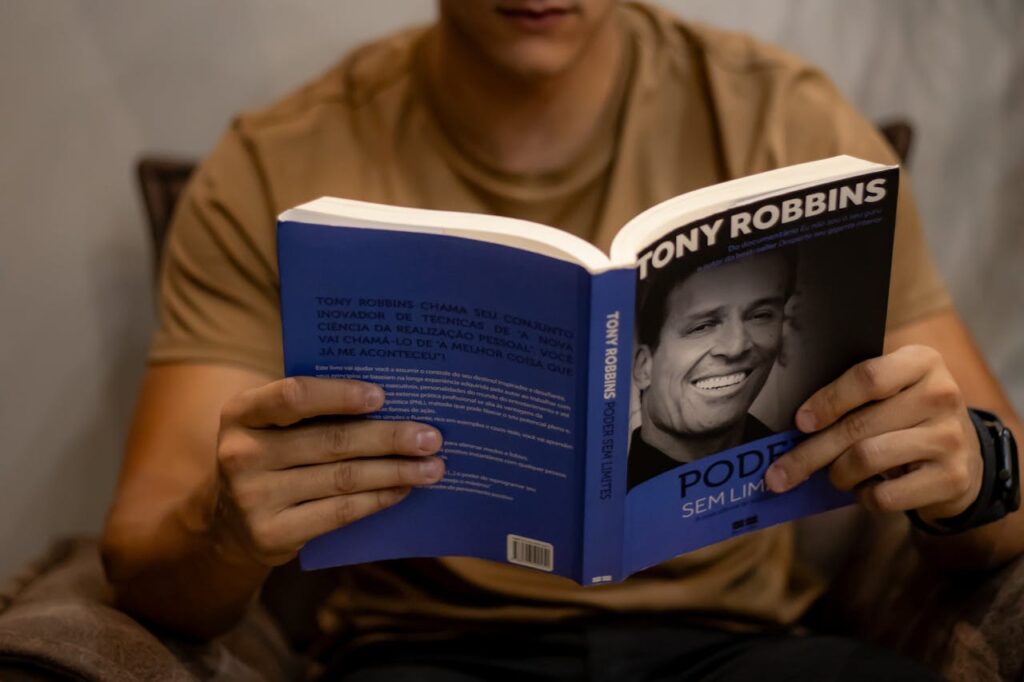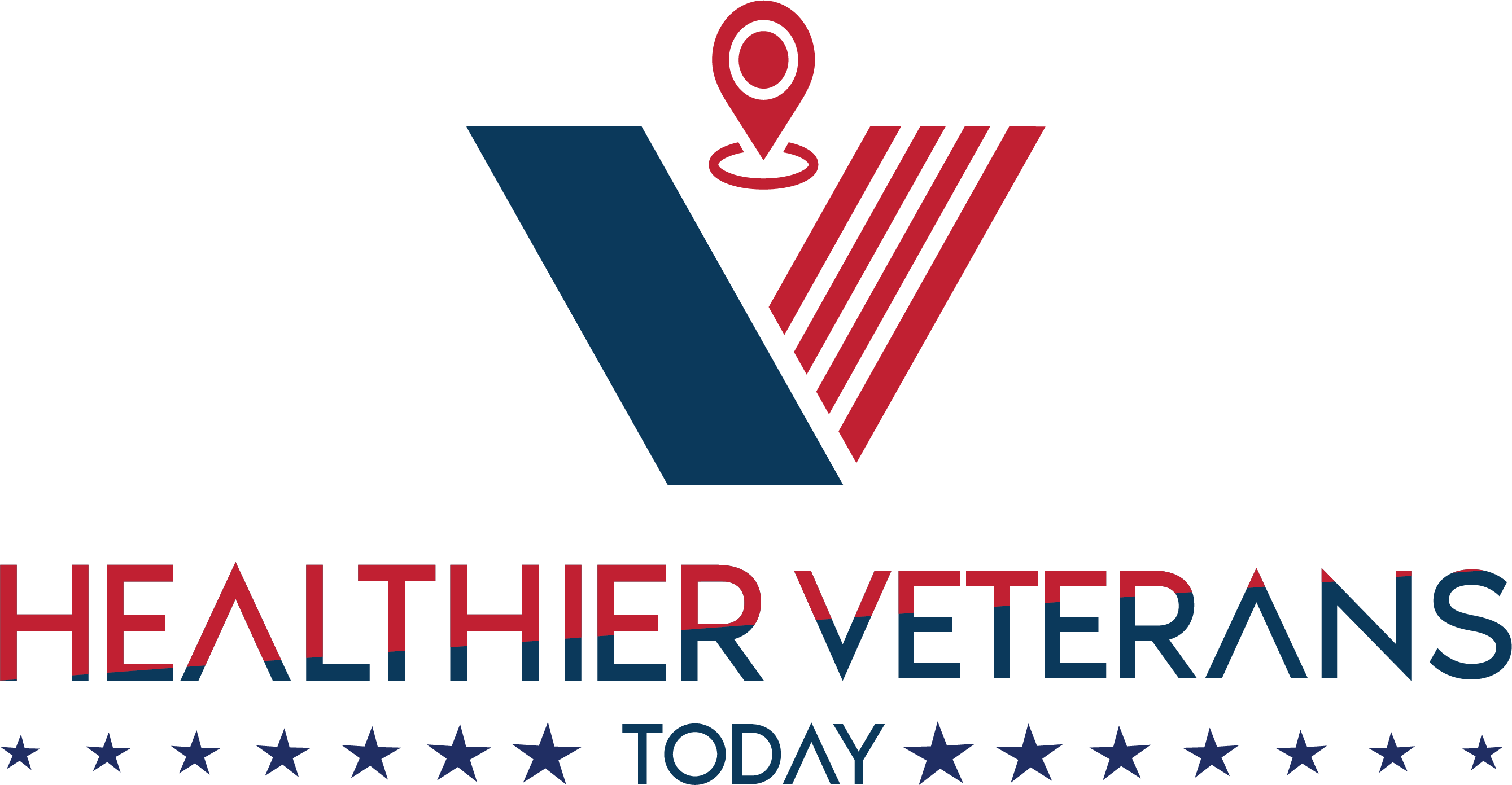Everyone should try and get a higher education, but how does one do that? Come along as we discuss military scholarships and challenges. This guide delves into what is higher education for veterans, the help they get from the GI Bill, and what it’s like for them to make this change.
Table of Contents
From Soldier to Student

Going from the military to college is a significant change for veterans. College opens up new chances, personal growth, and better jobs. Veterans trade their uniforms for books. They bring skills, discipline, and a unique point of view to campus.
Military Scholarships for Veterans
Veterans are dedicated and hardworking. They have many chances in higher education. Many colleges really want more veterans to enroll because they see how important this is. There are military scholarships, special programs, and support services just for veterans. It makes colleges a welcoming place for those who served.
The GI Bill Helps
The GI Bill is key for veterans going to college. It provides money to help pay tuition, housing, and other school costs. This important benefit lets veterans pursue their education goals without worrying about huge student loans.
Challenges in Veterans Higher Education
While the journey from military service to higher education is brimming with promise, it has challenges. Veterans may face obstacles such as adjusting to civilian life, dealing with post-traumatic stress disorder (PTSD), and navigating a sometimes complex academic system. Recognizing and addressing these challenges is essential in ensuring a smooth transition for veterans.
The Role of Universities

Universities play a pivotal role in supporting veterans during their higher education journey. Creating a welcoming environment involves offering academic resources and understanding the unique needs of veteran students. Veterans’ resource centers, counseling services, and mentorship programs build a supportive community that fosters success inside and outside the classroom. Many universities have started making allowances and adjustments for physically differently abled students, and we hope that they will adjust for veterans who need the above-mentioned services to be accessible to them while they’re studying.
Veterans are Successful in Higher Education
There are many stories of veterans doing well in college. Veterans earn degrees in different subjects and become leaders in their schools. Sharing these success stories inspires other veterans. It also shows how does college help veterans in their lives.
The Benefits of College for Veterans
College opens new job opportunities for veterans. The skills veterans learn in the military, plus their college education, make them valuable employees. Many employers value the unique abilities of veterans. This shows the advantages of veterans going to college.
Mental Health Support is Important for Veteran Students
Providing mental health services is vital for supporting veteran students. Many veterans struggle with issues like PTSD or depression from their military service. Universities must offer counseling, peer groups, and other resources. This helps ensure veterans can succeed in school and their personal lives.
Improving Support for Veteran Students
Partnerships between the government, universities, and veteran groups are key. They can advance initiatives to support veteran students better. Enhancing GI Bill benefits, raising awareness of resources, and researching veteran needs will create a more supportive environment.
Life After School for Veterans

Finishing college is a big deal for veterans. But life after college brings new challenges. Veterans need help finding jobs. Schools can help veterans with career fairs, networking events, and mentor programs. These programs make the move to the workforce easier.
Starting a New Path
Some veterans want to start their businesses. School helps prepare them for this path. Veterans learn skills like leadership and problem-solving in the military. These skills are useful for running a business. Schools can teach veterans how to start companies and be entrepreneurs.
Veterans Studying Abroad
More veterans are studying in other countries, which lets them learn about new cultures. It also makes schools more diverse. Schools can work with schools in other countries, create exchange programs for veterans, and help veterans understand different cultures.
Veterans Helping Their Communities
After college, many veterans want to help their communities. School teaches them skills to do this. Schools can connect veterans with service projects. Veterans can volunteer or advocate for causes. This allows veterans to keep making a difference after graduation.
Online Learning and Distance Education for Veterans
Technology seems to be the future of education and everything else. For veterans who may have difficulty with location or scheduling, online learning and distance education offer flexible choices. Universities can use new technology to make sure veterans can get a quality education no matter where they are, promoting inclusion and adaptability.
Maintaining Well-Being After School
As veterans transition to life after education, maintaining mental well-being remains important. Universities should continue to offer mental health services, providing alumni with resources to cope with challenges in their personal and professional lives. This ongoing support helps veterans succeed and feel fulfilled beyond school.
Diverse Experiences of Veterans
Recognizing and celebrating the diversity within the veteran community is crucial for inclusivity. Veterans come from various backgrounds, experiences, and military branches. Universities can organize events, forums, and cultural celebrations that showcase the rich diversity of veterans’ experiences, creating an environment where each individual feels valued and understood.
Continuing Commitment to Veterans in Higher Education

Education gives people chances for a better life. A degree is important; it opens doors. Universities need to work with the government, groups, and others to create a good mix of classrooms, living, and job training for veterans. With support like this, and by changing rules and making colleges inclusive, school leaders can help veterans reach their full potential. Veterans can then guide others toward progress in the future.





